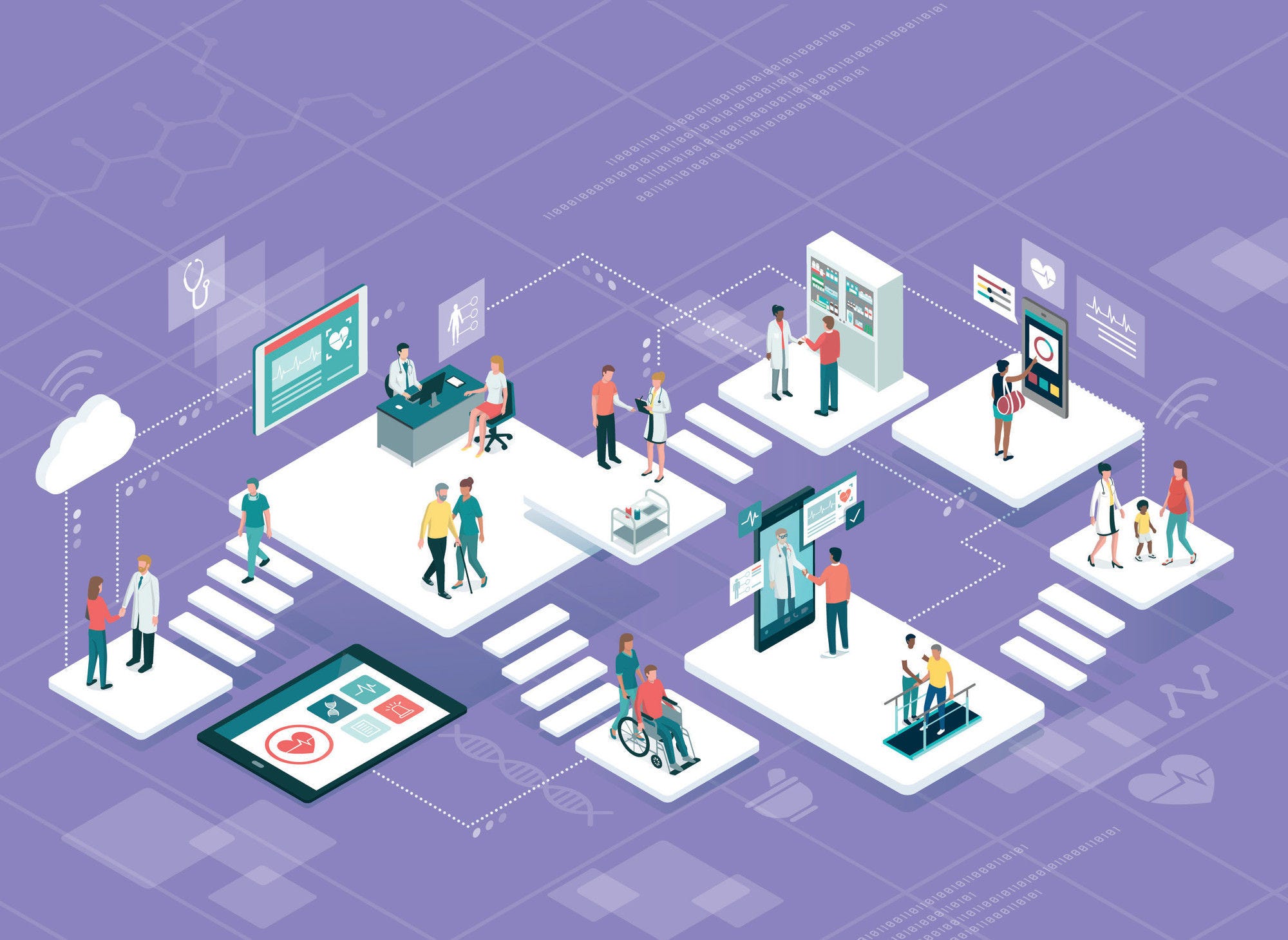Health data are necessary to improve the quality, safety and patient-centredness of health care services, to support scientific innovation, the discovery and evaluation of new treatments and to redesign and evaluate new models of health service delivery. The volume of personal health data in electronic form is already very large and is growing with technological progress including electronic health and administrative records; behavioural and environmental monitoring devices and apps; and bio-banking and genomic technologies. The scale, capabilities and methodologies of health data gathering, aggregation and analysis are also radically evolving.
When personal health data are linked and analysed, an exponential gain in information value can be attained to serve the health related public interest, such as improving diagnosis, particularly for rare diseases; identifying optimal responders to treatment and personalising care for better patient outcomes; detecting unsafe health care practices and treatments; rewarding high quality and efficient health care practices; detecting fraud and waste in the health care system; assessing the long-term effects of medical treatments; and discovering and evaluating new health care treatments and practices. Emerging technologies including Big Data analytics, for example, can utilise enhanced computing power to process broad ranges of data in real time, that, when applied to health can, improve patient-care and further the discovery of disease markers and disease‑specific solutions.
However, often the data are held in silos by the organisations collecting them and there are uncertainties on how the potential benefits of the new analytic techniques can be achieved while ensuring the implementation of existing data protection standards and procedures. A 2013 OECD study showed that many OECD Members lack a co‑ordinated public policy framework to guide health data use and sharing practices, so as to protect privacy, enable efficiencies, promote quality and foster innovative research.
There are benefits and risks from health data processing at both the individual and societal levels. The maintenance of a confidential health care system is fundamental to effective individual care and treatment, and to public health. Appropriate reconciliation of these risks and benefits is necessary to best serve the interests of both individuals and societies. In addition, international collaboration is essential to enable countries to safely benefit from health data and to support the production of multi-country statistics, research and other health-related uses of those data that serve the public interest.
It is against this backdrop that in 2014, the OECD Health Committee and the Committee on Digital Economy Policy agreed to jointly develop an OECD standard to tackle those issues – the Council Recommendation on Health Data Governance.
